The Milwaukee Public Museum is seeking a Collection Manager at the Assistant level (the first of 3 possible ranks) who will be responsible for direct care and management of the approximately 200,000 specimens (~10% cryptogams) in the Herbarium (75% of the time). The remainder of the time will be concentrated on assisting with and maintaining the integrity of the Museum’s Library and Informatics resources. The candidate must have experience in non-vascular plants or fungi (Mycology or Lichenology preferred) with strong management skills, and preferably with demonstrated taxonomic expertise.
The Museum particularly encourages applicants with a proven dedication to collections management. Axiell EMu is the Museum's shared collection database platform and candidates should have experience either with this software or a similar relational database system.
While there will be the opportunity to conduct or participate in research, this will be constrained by the management priorities of the collection. MPM Collection Managers perform within five areas of responsibility: 1) care of collections; 2) data and records management; 3) processing and preparation; 4) interpretation and access; and 5) professional service. In addition, collection managers often supervise volunteers, interns, students and others in the completion of collections-related tasks.
Care of Collections: Collection managers have a primary responsibility for the direct care and organization of collections, and their management based on both the best practices of individual disciplines and fundamental principles of conservation, security, appropriate housing and environmental control. With the guidance of curators and conservation staff, collection managers should seek to improve the organization, condition and accessibility of collections under their care, and work with curatorial and conservation staff in seeking resources for collections preservation, care and improvement.
Data and Records Management: Collection managers are responsible for the inventory and continuing documentation of collections, and along with curatorial staff for establishing and maintaining intellectual control over the collections in their care. Because the significance of collections lies not merely in the objects themselves but the information associated with them, data and records management—comprising both paper and electronic records—are core areas of responsibility. With the guidance of curatorial staff, collection managers are encouraged to be active in developing and implementing standards to promote intellectual control and improve existing levels of collections documentation.
Processing and Preparation: Collection managers conduct or coordinate the appropriate processing of new collections or existing collections as required, including physical preparation, labeling, cataloging and accessioning following established curatorial and registration procedures, and for the immediate supervision of support staff assisting in these activities. Collection managers are also responsible for developing and implementing, in consultation with supervising curators and conservation staff, appropriate guidelines for the handling and processing of collections based on accepted practices within a discipline.
Interpretation and Access: Collection managers will provide content and advice on MPM exhibit projects, assist in the development of exhibits and interpretive programs based on their area(s) of research, and in consultation with curatorial staff provide appropriate access to MPM collections for interpretive purposes. Collection managers also coordinate access to MPM collections by external scholars and disseminate information and respond to inquiries regarding the collections and collections-related topics to staff, researchers and the general public.
Professional Service: Collection managers are encouraged to provide scholarly guidance to students, participate in graduate student committees, serve in elected or appointed offices of regional, national and international museum organizations, and serve as reviewers of manuscripts, grant proposals, etc., within their field(s) of expertise.
Qualifications
Must hold a graduate degree (M.S. or equivalent) in Ecology/Evolutionary Biology, Mycology, Lichenology, Botany, Plant Pathology, or related. (Candidates with a Ph.D. will also be considered but this opening is a non-research position).
Must have demonstrable experience with spreadsheets, databases, and information technology.
More information can be found here: https://www.paycomonline.net/v4/ats/web.php/jobs/ViewJobDetails?job=16730&clientkey=56DDAA3DEF95A9281CC830B46617B638
